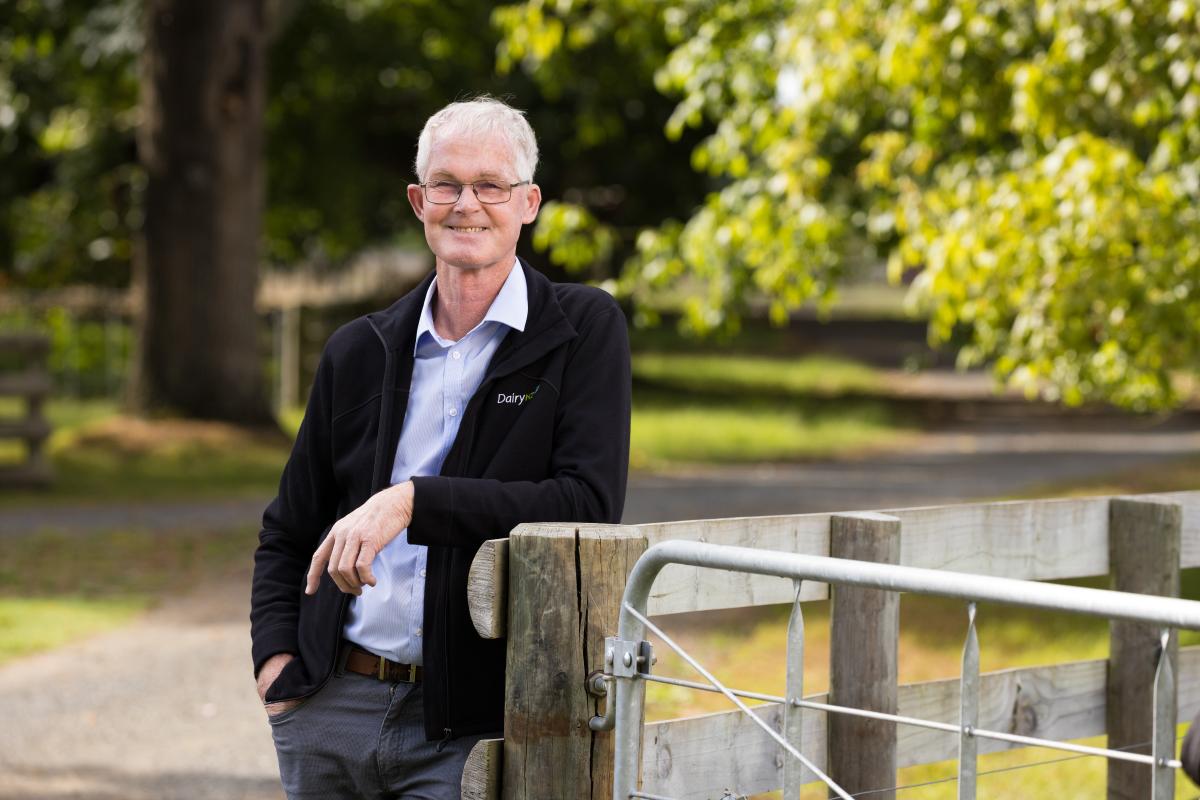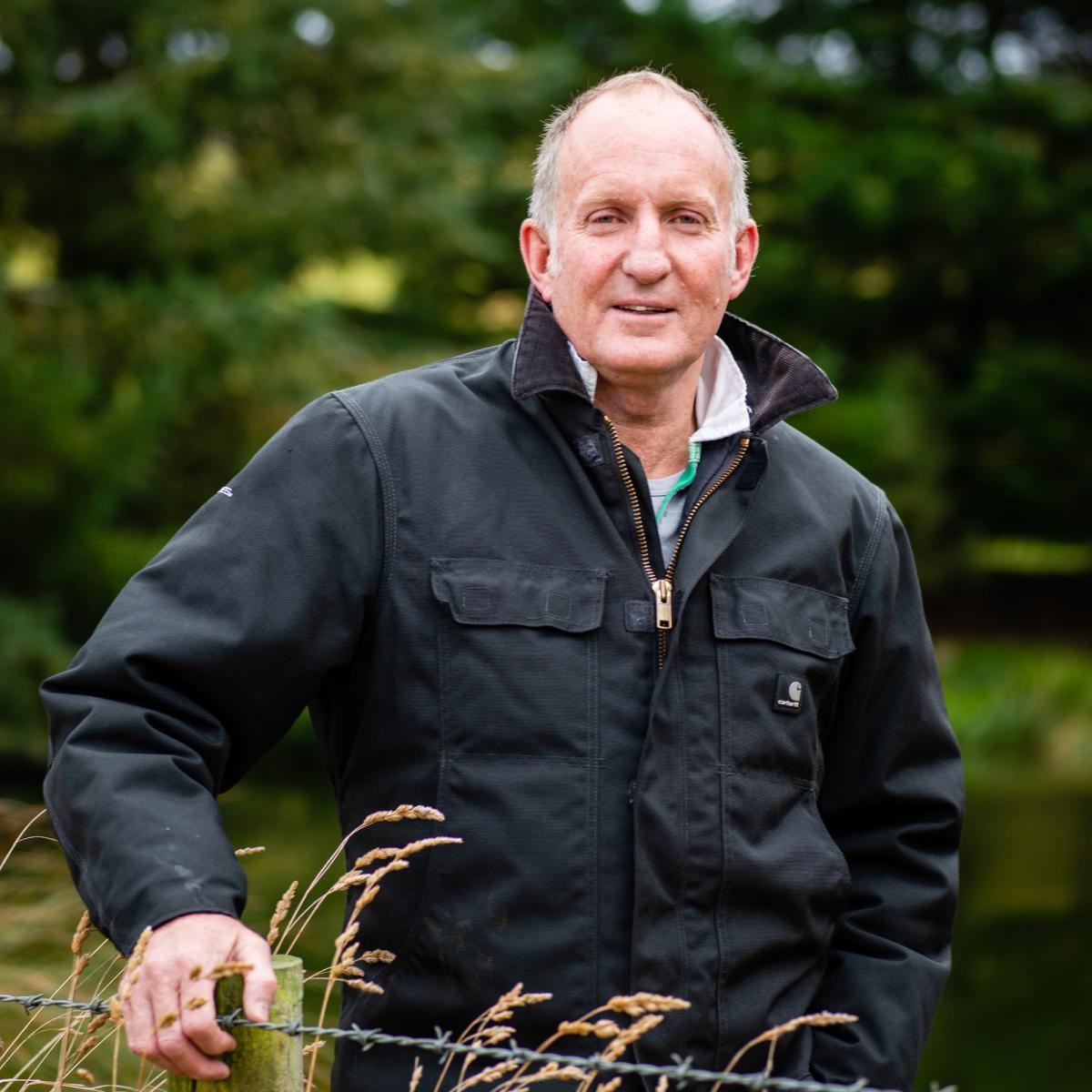Beef + Lamb New Zealand (B+LNZ) and DairyNZ strongly urge the Government to adopt the primary sector’s agriculture emissions pricing solution – He Waka Eke Noa – in its full, proposed form.

Joint media release from B+LNZ and DairyNZ
The call for no further changes follows today’s Climate Change Commission advice on the primary sector’s recommendation for a fairer way to measure and manage emissions.
While B+LNZ and DairyNZ are pleased the Commission supports the farm-level pricing approach and split gas model, they strongly disagree with its advice for no recognition of sequestration via the He Waka Eke Noa system.
“The He Waka Eke Noa partnership’s proposal to the Government is a credible plan to support farmers in reducing agricultural emissions in a way that is practical, pragmatic and fair for all,” says DairyNZ chair Jim van der Poel. “We call on the Government to continue working with the sector in good faith.”
B+LNZ chair Andrew Morrison agrees. “It’s important to stress, the cross-sector agreement is finely balanced and required significant negotiation and compromise from all 13 partners, to ensure we could all support the final recommendations,” says Mr Morrison.
“On that basis, we urge the Government to accept our proposal without changes to continue that cross-sector support.”
B+LNZ and DairyNZ also oppose the Commission’s advice to price fertiliser emissions at the processor level through the NZ Emissions Trading Scheme (ETS). He Waka Eke Noa is designed to help farmers manage emissions through their whole farm system – it doesn’t make sense to remove one part of it.
He Waka Eke Noa is a 13-member climate action partnership including 10 primary sector organisations, Māori, the Ministry for Primary Industries and Ministry for the Environment. In June, the Partnership released its recommendation report to Government for a credible pricing system, as an alternative to the ETS.
The Government has already legislated to put agriculture into the ETS but they agreed to work with the sector through He Waka Eke Noa on finding an alternative.
Unlike the ETS, the He Waka Eke Noa system will actually reduce emissions and recognise and incentivise on-farm actions, including sequestration. It will also invest in research and development, to find new solutions.
DairyNZ and B+LNZ agree with the Climate Change Commission that implementing a pricing and reporting system in 2025 is complex, and say that’s why He Waka Eke Noa suggested a simple system, transitioning to a more comprehensive one that covers more detail in farm systems, sequestration and incentives.
They also say the farm-level pricing system recommended by He Waka Eke Noa is robust and designed not to be overly complicated or an administrative burden.
The He Waka Eke Noa partners have carried out significant analysis into sequestration over the past three years.
“Our farmers have told us that if priced for emissions, they should get proper recognition for the genuine sequestration on their farms. Some farms have fewer tools to reduce emissions and are going to rely on sequestration,” says Mr Morrison.
“Sequestration was a foundation of the He Waka Eke Noa partnership with Government and it is imperative it remains so.”
“The partners are firm that He Waka Eke Noa is significantly better for farmers and New Zealand than agriculture entering the ETS, and gives farmers influence and control over their future,” says Mr van der Poel.


Photo captions:
- DairyNZ chair Jim van der Poel
- B+LNZ chair Andrew Morrison
ENDS
Media Contacts:
Ali Tocker, DairyNZ Senior Media Specialist
- Ph 027 364 7532
- ali.tocker@dairynz.co.nz
Katie Jans, Beef + Lamb New Zealand Communications Manager
- Phone 027 838 6353
- Email katie.jans@beeflambnz.com